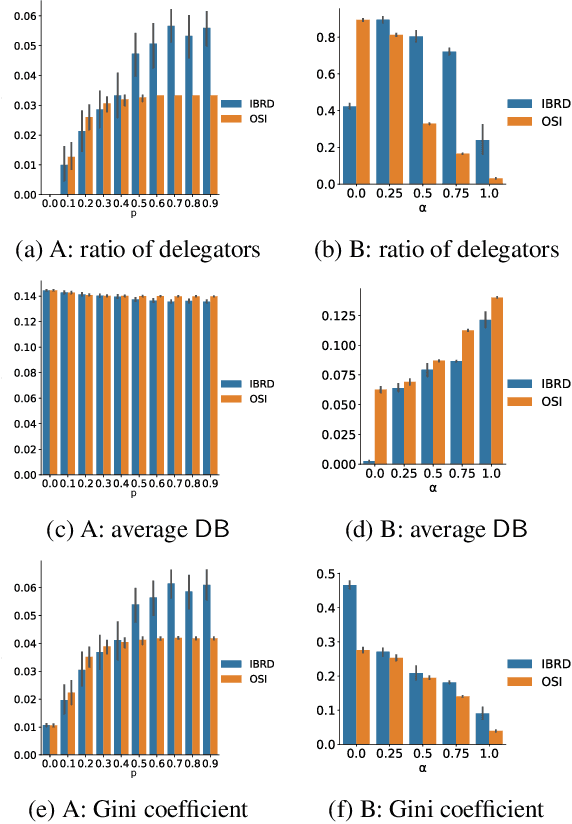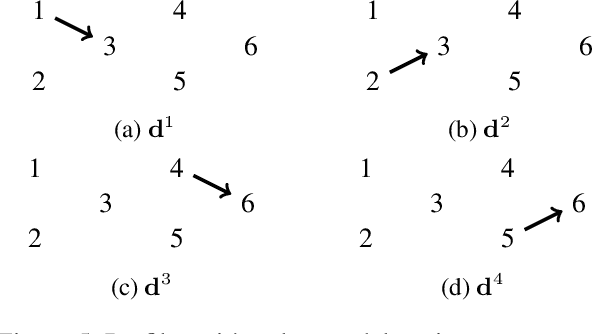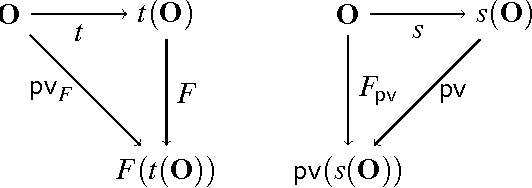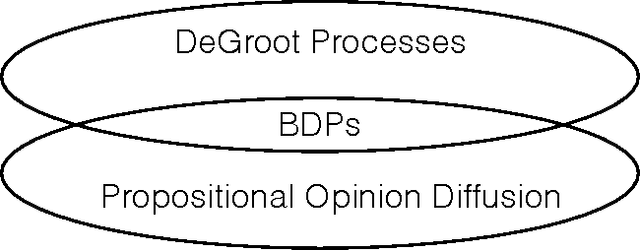Davide Grossi
University of Liverpool
Centrally Coordinated Multi-Agent Reinforcement Learning for Power Grid Topology Control
Feb 12, 2025Abstract:Power grid operation is becoming more complex due to the increase in generation of renewable energy. The recent series of Learning To Run a Power Network (L2RPN) competitions have encouraged the use of artificial agents to assist human dispatchers in operating power grids. However, the combinatorial nature of the action space poses a challenge to both conventional optimizers and learned controllers. Action space factorization, which breaks down decision-making into smaller sub-tasks, is one approach to tackle the curse of dimensionality. In this study, we propose a centrally coordinated multi-agent (CCMA) architecture for action space factorization. In this approach, regional agents propose actions and subsequently a coordinating agent selects the final action. We investigate several implementations of the CCMA architecture, and benchmark in different experimental settings against various L2RPN baseline approaches. The CCMA architecture exhibits higher sample efficiency and superior final performance than the baseline approaches. The results suggest high potential of the CCMA approach for further application in higher-dimensional L2RPN as well as real-world power grid settings.
Learning in Multi-Objective Public Goods Games with Non-Linear Utilities
Aug 01, 2024



Abstract:Addressing the question of how to achieve optimal decision-making under risk and uncertainty is crucial for enhancing the capabilities of artificial agents that collaborate with or support humans. In this work, we address this question in the context of Public Goods Games. We study learning in a novel multi-objective version of the Public Goods Game where agents have different risk preferences, by means of multi-objective reinforcement learning. We introduce a parametric non-linear utility function to model risk preferences at the level of individual agents, over the collective and individual reward components of the game. We study the interplay between such preference modelling and environmental uncertainty on the incentive alignment level in the game. We demonstrate how different combinations of individual preferences and environmental uncertainties sustain the emergence of cooperative patterns in non-cooperative environments (i.e., where competitive strategies are dominant), while others sustain competitive patterns in cooperative environments (i.e., where cooperative strategies are dominant).
Emergent Cooperation under Uncertain Incentive Alignment
Jan 23, 2024Abstract:Understanding the emergence of cooperation in systems of computational agents is crucial for the development of effective cooperative AI. Interaction among individuals in real-world settings are often sparse and occur within a broad spectrum of incentives, which often are only partially known. In this work, we explore how cooperation can arise among reinforcement learning agents in scenarios characterised by infrequent encounters, and where agents face uncertainty about the alignment of their incentives with those of others. To do so, we train the agents under a wide spectrum of environments ranging from fully competitive, to fully cooperative, to mixed-motives. Under this type of uncertainty we study the effects of mechanisms, such as reputation and intrinsic rewards, that have been proposed in the literature to foster cooperation in mixed-motives environments. Our findings show that uncertainty substantially lowers the agents' ability to engage in cooperative behaviour, when that would be the best course of action. In this scenario, the use of effective reputation mechanisms and intrinsic rewards boosts the agents' capability to act nearly-optimally in cooperative environments, while greatly enhancing cooperation in mixed-motive environments as well.
Social Choice Around the Block: On the Computational Social Choice of Blockchain
Mar 15, 2022Abstract:One of the most innovative aspects of blockchain technology consists in the introduction of an incentive layer to regulate the behavior of distributed protocols. The designer of a blockchain system faces therefore issues that are akin to those relevant for the design of economic mechanisms, and faces them in a computational setting. From this perspective the present paper argues for the importance of computational social choice in blockchain research. It identifies a few challenges at the interface of the two fields that illustrate the strong potential for cross-fertilization between them.
Power in Liquid Democracy
Oct 14, 2020



Abstract:The paper develops a theory of power for delegable proxy voting systems. We define a power index able to measure the influence of both voters and delegators. Using this index, which we characterize axiomatically, we extend an earlier game-theoretic model by incorporating power-seeking behavior by agents. We analytically study the existence of pure strategy Nash equilibria in such a model. Finally, by means of simulations, we study the effect of relevant parameters on the emergence of power inequalities in the model.
On the Graded Acceptability of Arguments in Abstract and Instantiated Argumentation
Nov 08, 2018



Abstract:The paper develops a formal theory of the degree of justification of arguments, which relies solely on the structure of an argumentation framework, and which can be successfully interfaced with approaches to instantiated argumentation. The theory is developed in three steps. First, the paper introduces a graded generalization of the two key notions underpinning Dung's semantics: self-defense and conflict-freeness. This leads to a natural generalization of Dung's semantics, whereby standard extensions are weakened or strengthened depending on the level of self-defense and conflict-freeness they meet. The paper investigates the fixpoint theory of these semantics, establishing existence results for them. Second, the paper shows how graded semantics readily provide an approach to argument rankings, offering a novel contribution to the recently growing research programme on ranking-based semantics. Third, this novel approach to argument ranking is applied and studied in the context of instantiated argumentation frameworks, and in so doing is shown to account for a simple form of accrual of arguments within the Dung paradigm. Finally, the theory is compared in detail with existing approaches.
A Note on Nesting in Dyadic Deontic Logic
Oct 10, 2017Abstract:The paper reports on some results concerning Aqvist's dyadic logic known as system G, which is one of the most influential logics for reasoning with dyadic obligations ("it ought to be the case that ... if it is the case that ..."). Although this logic has been known in the literature for a while, many of its properties still await in-depth consideration. In this short paper we show: that any formula in system G including nested modal operators is equivalent to some formula with no nesting; that the universal modality introduced by Aqvist in the first presentation of the system is definable in terms of the deontic modality.
Binary Voting with Delegable Proxy: An Analysis of Liquid Democracy
Jul 27, 2017
Abstract:The paper provides an analysis of the voting method known as delegable proxy voting, or liquid democracy. The analysis first positions liquid democracy within the theory of binary aggregation. It then focuses on two issues of the system: the occurrence of delegation cycles; and the effect of delegations on individual rationality when voting on logically interdependent propositions. It finally points to proposals on how the system may be modified in order to address the above issues.
* In Proceedings TARK 2017, arXiv:1707.08250
Liquid Democracy: An Analysis in Binary Aggregation and Diffusion
Jan 19, 2017
Abstract:The paper proposes an analysis of liquid democracy (or, delegable proxy voting) from the perspective of binary aggregation and of binary diffusion models. We show how liquid democracy on binary issues can be embedded into the framework of binary aggregation with abstentions, enabling the transfer of known results about the latter---such as impossibility theorems---to the former. This embedding also sheds light on the relation between delegation cycles in liquid democracy and the probability of collective abstentions, as well as the issue of individual rationality in a delegable proxy voting setting. We then show how liquid democracy on binary issues can be modeled and analyzed also as a specific process of dynamics of binary opinions on networks. These processes---called Boolean DeGroot processes---are a special case of the DeGroot stochastic model of opinion diffusion. We establish the convergence conditions of such processes and show they provide some novel insights on how the effects of delegation cycles and individual rationality could be mitigated within liquid democracy. The study is a first attempt to provide theoretical foundations to the delgable proxy features of the liquid democracy voting system. Our analysis suggests recommendations on how the system may be modified to make it more resilient with respect to the handling of delegation cycles and of inconsistent majorities.
Epistemic Protocols for Distributed Gossiping
Jun 24, 2016
Abstract:Gossip protocols aim at arriving, by means of point-to-point or group communications, at a situation in which all the agents know each other's secrets. We consider distributed gossip protocols which are expressed by means of epistemic logic. We provide an operational semantics of such protocols and set up an appropriate framework to argue about their correctness. Then we analyze specific protocols for complete graphs and for directed rings.
* In Proceedings TARK 2015, arXiv:1606.07295
 Add to Chrome
Add to Chrome Add to Firefox
Add to Firefox Add to Edge
Add to Edge